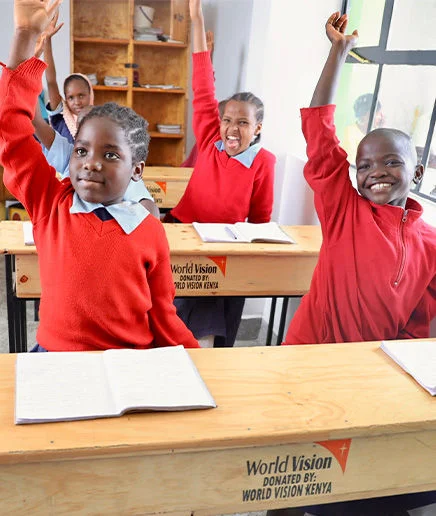Featured location
-
Philippines

 Asia
Asia
-
Ecuador

 Latin America
Latin America
-
Democratic Republic of the Congo

Africa
-
Somalia

Africa
Explore more locations
Explore more locations
Explore more locations
Explore more locations

 Back to top
Back to top